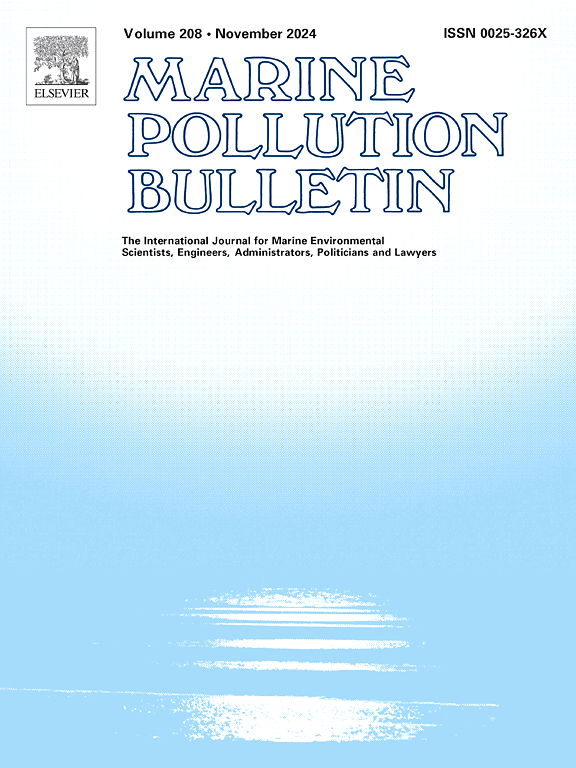海上运输中的方便旗与公地悲剧。
IF 5.3
3区 环境科学与生态学
Q1 ENVIRONMENTAL SCIENCES
引用次数: 0
摘要
方便旗(FOC)是指船舶在外国注册以享受宽松监管的做法。虽然方便旗为船东和方便旗国提供了一些短期成本优势,但它对重要的国际利益,包括环境保护和海洋栖息地保护,构成了重大威胁。尽管全球都对方便旗对环境的影响感到愤怒和担忧,但方便旗船舶的数量仍在继续增加。利用博弈论,我们说明了个人理性--选择方便旗以实现经济利益最大化--如何导致对共同利益不利的结果,造成海洋污染加剧,我们称之为公地悲剧。我们的发现对理解海运业主要参与者的战略行为具有重要意义,揭示了全球化的阴暗面,并强调需要加强国际合作以改变这些行为。本文章由计算机程序翻译,如有差异,请以英文原文为准。
Flag of convenience and the tragedy of the commons in maritime transportation
Flag of convenience (FOC) refers to the practice of registering ships in foreign countries to benefit from lax regulations. While FOC offers several short-term cost advantages to ship owners and FOC countries, it poses significant threats to critical international interests, including environmental protection and marine habitat preservation. Despite global outrage and concerns over FOC's environmental impact, the number of FOC ships have continued to rise. Using game theory, we illustrate how individual rationality – opting for FOC to maximize economic benefits – leads to adverse outcomes for the common good, resulting in increased marine pollution, that we refer to as the tragedy of the commons. Our findings have implications for understanding the strategic behaviour of key players in the maritime transportation, revealing the dark side of globalization and stressing the need for stronger international cooperation to shift these behaviours.
求助全文
通过发布文献求助,成功后即可免费获取论文全文。
去求助
来源期刊

Marine pollution bulletin
环境科学-海洋与淡水生物学
CiteScore
10.20
自引率
15.50%
发文量
1077
审稿时长
68 days
期刊介绍:
Marine Pollution Bulletin is concerned with the rational use of maritime and marine resources in estuaries, the seas and oceans, as well as with documenting marine pollution and introducing new forms of measurement and analysis. A wide range of topics are discussed as news, comment, reviews and research reports, not only on effluent disposal and pollution control, but also on the management, economic aspects and protection of the marine environment in general.
 求助内容:
求助内容: 应助结果提醒方式:
应助结果提醒方式:


